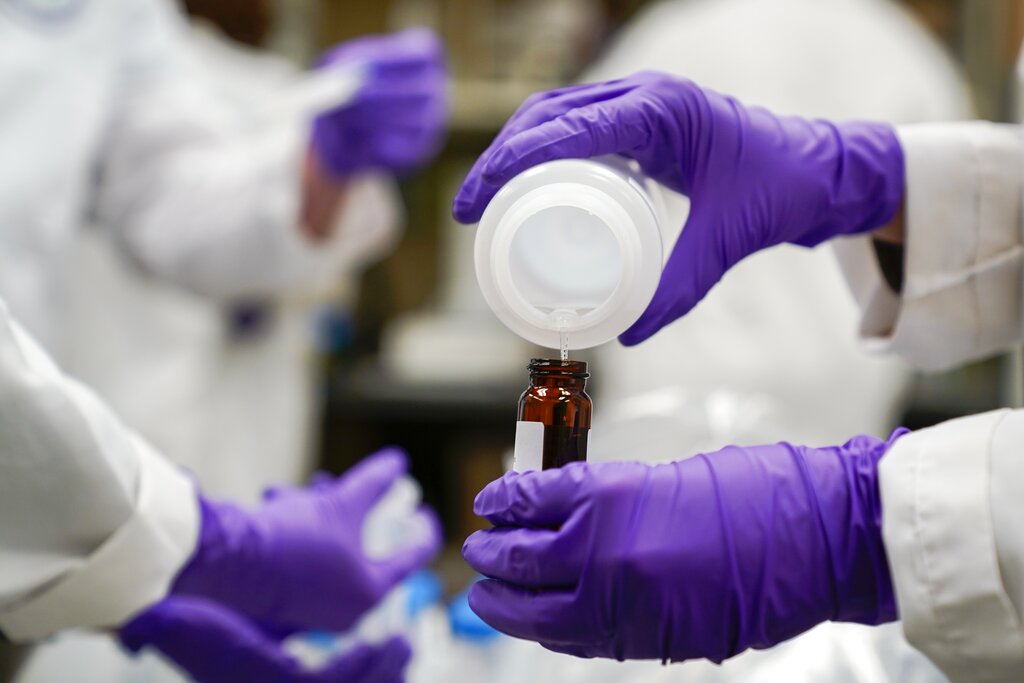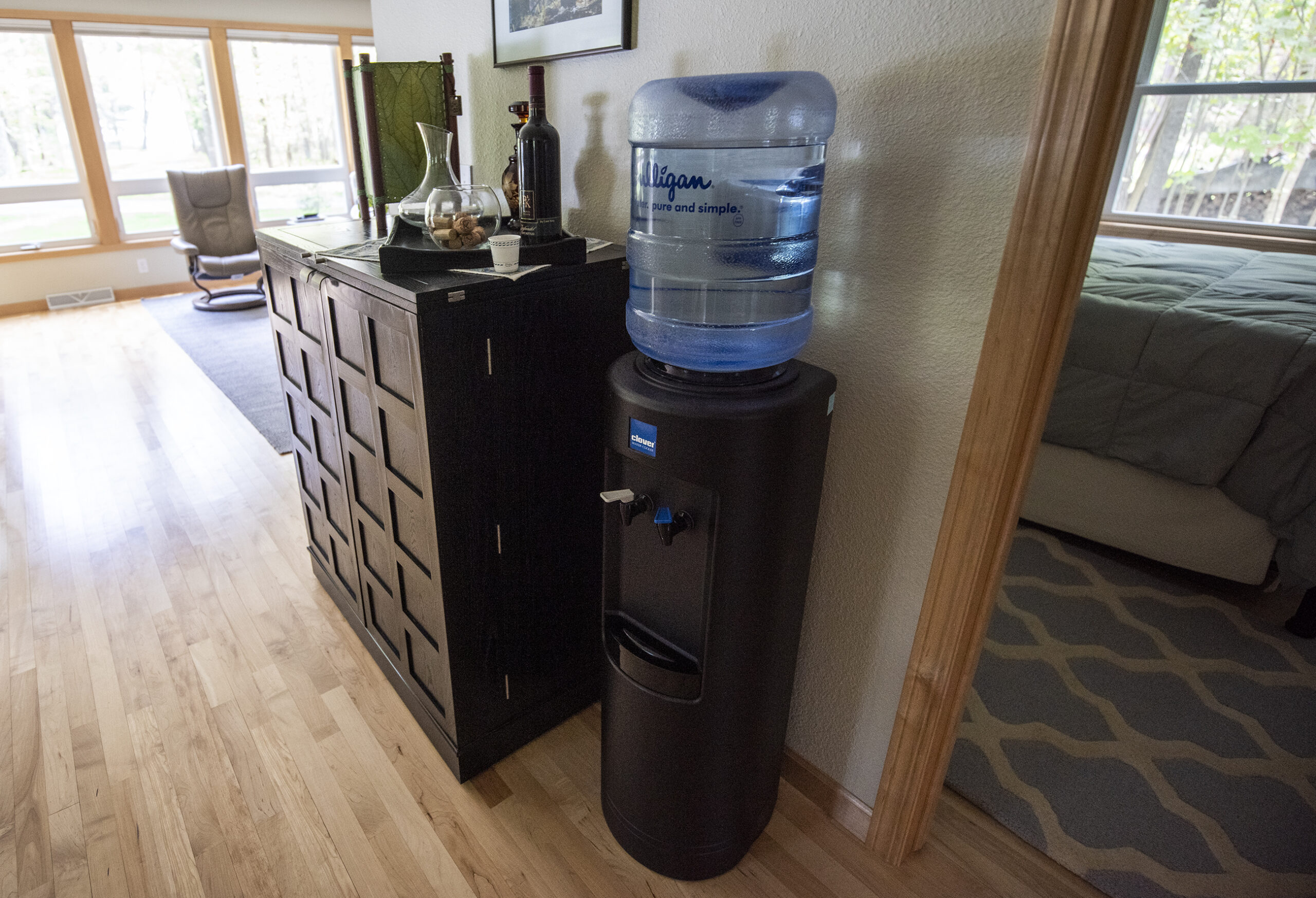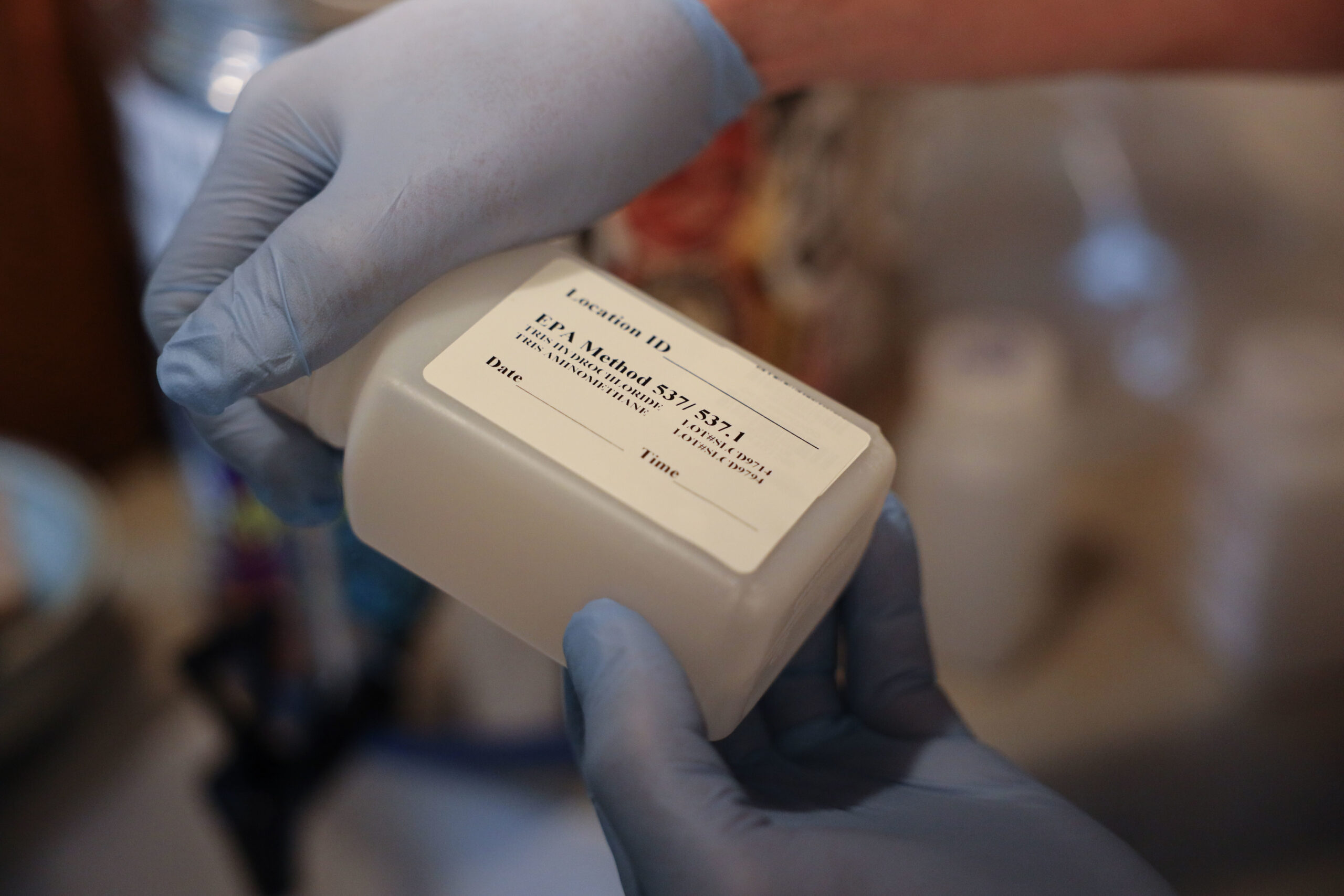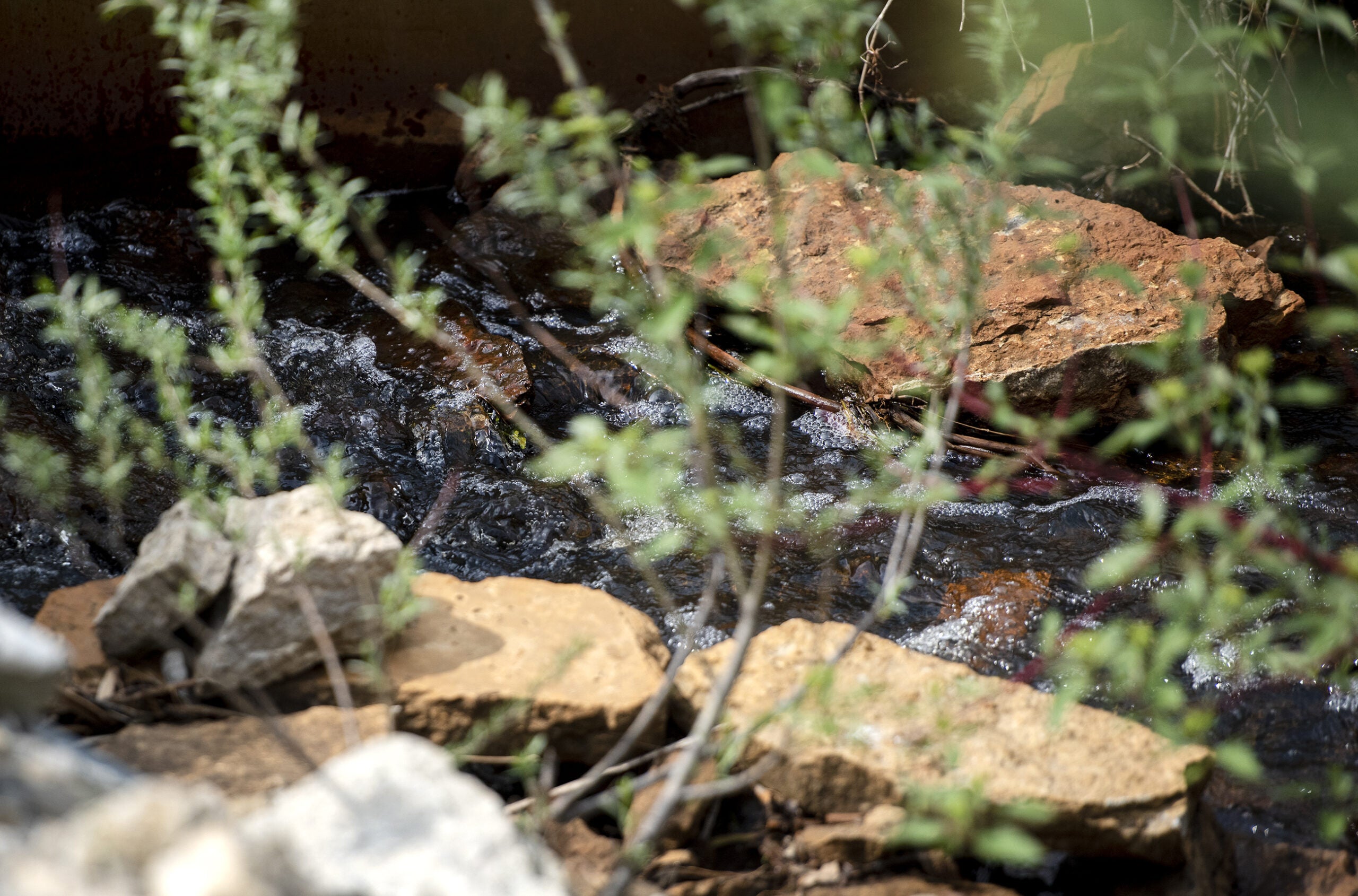Wisconsin Gov. Tony Evers has vetoed a Republican plan that would have provided grants to local governments and landowners to address PFAS contamination, citing limits the bill would have placed on regulators’ authority to address the chemicals.
At the same time, Evers called for a special meeting of the Legislature’s Republican-led budget committee next week in a last-ditch effort to reach consensus with GOP lawmakers to address the harmful chemicals. The governor has only used that authority once before to prompt the committee to address funding for homelessness in 2019.
In a statement released Tuesday, Evers pressed lawmakers to release $125 million set aside under the current two-year budget to deal with PFAS, in addition to another $15 million set aside to address health care access in western Wisconsin.
“That’s $140 million in already-approved and agreed-upon investments to address urgent, pressing issues facing our state, but these funds are sitting unspent in Madison because the Republican-controlled Joint Finance Committee has refused to release even one cent—and that’s just wrong,” Evers said in a statement.
“PFAS are affecting communities across our state, and Western Wisconsin is facing serious challenges due to recently announced hospital closures—there is no reason Wisconsinites should have to wait any longer than they already have for these funds to be released,” Evers continued. “This is about doing the right thing for our kids, our families, and our communities, and it should’ve been done a long time ago. This must get done.”
In his veto message, Evers said he wouldn’t sign a bill that has any chance of letting PFAS polluters off the hook. The governor also objected to the way the bill would have placed limits on regulators’ authority to test for and clean up the chemicals, and he said it would do nothing to unlock the $125 million set aside to address PFAS.
The Republican co-chairs of the Legislature’s finance committee, Sen. Howard Marklein and Rep. Mark Born, said in a statement that Evers is playing politics.
“As was the case four years ago, the Governor has no authority to call the committee into a meeting,” the co-chairs wrote. “According the nonpartisan Legislative Reference Bureau, ‘The governor may call a meeting of JCF but may not require the JCF cochairpersons to convene any meeting, require JCF to consider any matter, or compel any member to attend that meeting.’”
PFAS, short for per- and polyfluoroalkyl substances, are a class of thousands of synthetic chemicals used in cookware, food wrappers and firefighting foam. They don’t break down easily in the environment. High exposure to the chemicals has been linked to kidney and testicular cancers, fertility issues and other serious health problems.

Stay informed on the latest news
Sign up for WPR’s email newsletter.
Green Bay Republican Sens. Eric Wimberger and Rob Cowles, who authored the bill the governor vetoed, had argued the proposal would protect so-called innocent landowners from paying to clean up PFAS pollution they didn’t cause.
“Instead of listening to the communities impacted by PFAS, Governor Evers tries to hide his shameful veto of comprehensive PFAS relief behind yet another call to turn millions set aside to help PFAS victims, into a DNR slush fund,” Wimberger said in a statement. “The Governor doesn’t understand that without the protections for victims included in (the bill), we cannot get to the bottom of our PFAS crisis as victims fear being held responsible for pollution they didn’t cause.”
The legislation’s “innocent landowners” provision drew concerns from the Wisconsin Department of Natural Resources, which worried about maintaining its authority under the state’s spills law. That law requires anyone who causes, possesses or controls a hazardous substance that’s been released into the environment to clean it up.
The proposal would have barred the DNR from taking enforcement action against people deemed “innocent” as long as they let the agency clean up the chemicals at the state’s expense.
‘We struggle day to day with having contaminated water’
Local leaders and residents are struggling to address the chemicals in public and private wells across communities large and small. They include the cities of Marinette, Eau Claire and Wausau in addition to the towns of Campbell, Peshtigo and Stella.
In an interview following the veto Tuesday, Town of Campbell Supervisor Lee Donahue said more than 1,600 residents living in the town on French Island near La Crosse are relying on bottled water due to PFAS contamination of private wells. She said everyone agreed that money was needed to help communities like hers address the chemicals.
“And it’s just sat in a fund for more than nine months, while we struggle day to day with having contaminated water,” Donahue said.

Evers and GOP lawmakers both agreed in principle to spend money to address PFAS pollution, but they’ve been at odds over the details. The impasse has left communities, residents and landowners in PFAS-affected areas waiting even longer for relief.
Evers and Democrats made it clear they didn’t support the legislation due to its limits on the DNR’s authority, arguing the bill protects polluters.
GOP lawmakers disputed that, pointing to a memo from the Wisconsin Legislative Council that states companies or manufacturers of PFAS would have been unlikely to qualify as an innocent landowners under the bill. The memo stated the bill would not prevent the DNR from pursuing enforcement against a person who recklessly or intentionally causes contamination except in limited situations, such as those operating under a state permit to spread biosolids or sewage sludge.
Local government groups, including the League of Wisconsin Municipalities, Wisconsin Towns Association and Wisconsin Counties Association, are among few groups that registered in support of the bill.
More than a dozen environmental and conservation groups had urged Evers to veto the bill, saying it would have made it easier to let corporations off the hook for PFAS pollution. They argued it would force private well owners to compete with corporations for funding.
Meanwhile, industry groups like Wisconsin Manufacturers and Commerce, the Wisconsin Paper Council and Midwest Food Products Association said the bill does not go far enough. They said it fails to ensure businesses are eligible for funds if they face PFAS contamination that stemmed from other parties.
Wisconsin Public Radio, © Copyright 2025, Board of Regents of the University of Wisconsin System and Wisconsin Educational Communications Board.




